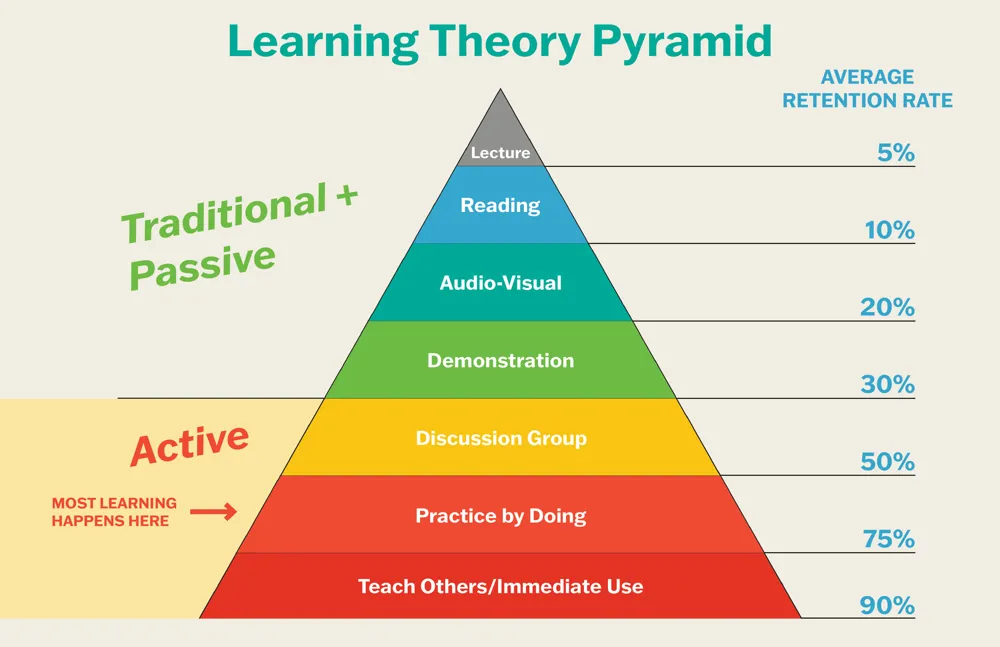By Débora Coutinho | 25th November, 2022
The active recall study method is one of the most efficient paths to learning a subject, especially when opposed to passive ways of learning. But what is it? And how can we use it? That's what we're going to discuss today!
What Is Active Recall?
Active recall is the name given to the act of actively stimulating your memory in order to remember information. That means that when you can't remember the name of the virus that causes a certain disease, for example, you are not going to search it online or in your textbook (passive ways of learning), but actually try and remember it on your own.

When that happens, you stimulate your brain much more than when you only read or hear the information, which makes it easier for you to remember that knowledge later. That's why you can hear your teacher talking while scrolling through your timeline, but it's very hard to try to remember the virus' name if you're not 100% focused. When you force your brain to work in such intensity, it restores knowledge much more efficiently.
The professors Jeffrey D. Karpicke and Henry L. Roediger III, in their study, "The Critical Importance of Retrieval for Learning", attested the importance of active recall (in this case, through testing) in learning
In our research, students in one condition learned foreign language vocabulary words in the standard paradigm of repeated study-test trials. In three other conditions, once a student had correctly produced the vocabulary item, it was
repeatedly studied but dropped from further testing, repeatedly tested but dropped from further study, or dropped from both study and test. Repeated studying after learning had no effect on delayed recall, but repeated testing
produced a large positive effect.
'Jeffrey D. Karpicke and Henry L. Roediger III
How To Use Active Recall?
The active recall method is used, most of the time, when we're reviewing a subject that we already learned. Here, reviewing a subject is NOT highlighting interesting passages in your textbook, nor does it mean watching a class and making no effort to try and remember the things you already know. These passive learning techniques, as shown before, do little in placing that knowledge in long-term memory. Your review should be engaging, in the sense that you're making a real effort to build knowledge: you're making your brain work hard. Here are a few ways you can review information in a more engaging way:
These are only a few ways you can use this method, as it is important to find what works best for you. A few more suggestions are in the image below:

Active Recall Method During Class
These strategies are not restricted to reviewing content, and can be used while you're watching your class, for example. One of the best ways to do so is being actively present in your class: no passive-listening. How can you do that? Well, if you're already familiar with the taught subject, you can try to remember the specific parts of the content before they appear in the class. If not, you can create questions based on what is being said, through which you can study later and actively review.






Forgot password?
Close message
Subscribe to this blog post's comments through...
Subscribe via email
SubscribeComments
Post a new comment
Comment as a Guest, or login:
Connected as (Logout)
Not displayed publicly.
Comments by IntenseDebate
Reply as a Guest, or login:
Connected as (Logout)
Not displayed publicly.